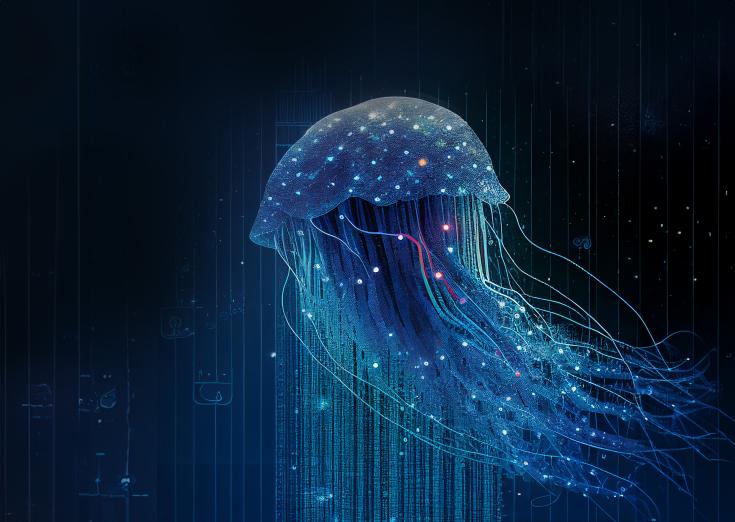Exploring Innovation and Sustainability on Madeira

Madeira, an autonomous region of Portugal family to the Azores, consists of several islands: Madeira, Porto Santo, the Desertas archipelago, and the distant Salvages, close to the Canary Islands. This geographical arrangement occasionally leads to interesting discussions.
In 2022, Madeira had a population of approximately 253,000, with 106,000 residing in Funchal. The region was discovered by Portuguese explorers in the early 15th century, with Madeira itself being found in 1419. The highest point in Madeira is Pico Ruivo, standing at 1,861 meters, and the total area is around 800 square kilometers, making Funchal quite densely populated.
About ARDITI
ARDITI is the Regional Agency for the Development of Research, Technology, and Innovation, established in 2013. As a nonprofit association with public utility status, our main partners include the regional government of Madeira, the University of Madeira, and various companies. Initially focused on research, we have recently expanded our efforts into technology development and innovation under the visionary leadership of our president.
Our Work and Structure
ARDITI operates several working groups divided into scientific units and interface platforms:
-
Scientific Units: These include research on ocean sciences, geophysics, health technologies, and human-computer interaction.
-
Interface Platforms: These connect academia with industry, such as the Oceanic Observatory of Madeira, which collects and disseminates data for the blue economy. I oversee the Smart Island Hub, focused on innovation.
With a diverse team of 135 individuals, including 56 females and 79 males from over 15 nationalities, ARDITI is a substantial organization for Madeira, dedicated to research and innovation.
Exclusive Economic Zone and Magellan Free Tech Zone
Portugal’s exclusive economic zone represents 48% of the EU’s total, with Madeira and the Azores contributing 80% of Portugal’s share. This vast area presents both opportunities and responsibilities, particularly in ocean study, monitoring, and exploration. To address these challenges, we have initiated the Magellan Free Tech Zone, an area dedicated to advancing oceanographic research and technology.
The zone features various technological advancements, including:
-
A scientific vessel being designed for deployment by 2026.
-
An unmanned surface vehicle (USV) equipped with sensors for oceanic mapping.
-
Underwater unmanned vehicles (UUVs) for deep-sea exploration.
These tools will enhance our capacity to monitor the ocean efficiently, supported by data integration from drones and satellites, all coordinated from our operational center in Funchal.
Digital Innovation and Green Transition
There focus on digitization aims to support environmental sustainability and circular economy initiatives. ARDITI's Smart Islands Hub helps small and medium-sized enterprises (SMEs) accelerate their digital transformation through a one-stop shop offering access to advanced knowledge, technology, and infrastructure.
Key objectives include:
-
Improving the digital maturity of organizations in Madeira.
-
Enhancing digital inclusion for the Madeiran population.
-
Helping organizations understand and leverage disruptive technologies to optimize processes, reduce costs, and enhance customer interactions.
They are particularly committed to the twin transition of digital and green innovations, striving to bring together actors from both fields to develop sustainable digital solutions. Examples include:
-
Digital solutions supporting renewable energy.
-
Technologies reducing resource use and waste.
-
Environmental monitoring and protection.
-
Facilitating repair, remanufacture, refurbish, and recycle chains.
Conclusion
Through ARDITI’s efforts, we aim to foster an environment where innovation and sustainability thrive, ensuring that Madeira remains at the forefront of digital transformation and environmental stewardship.